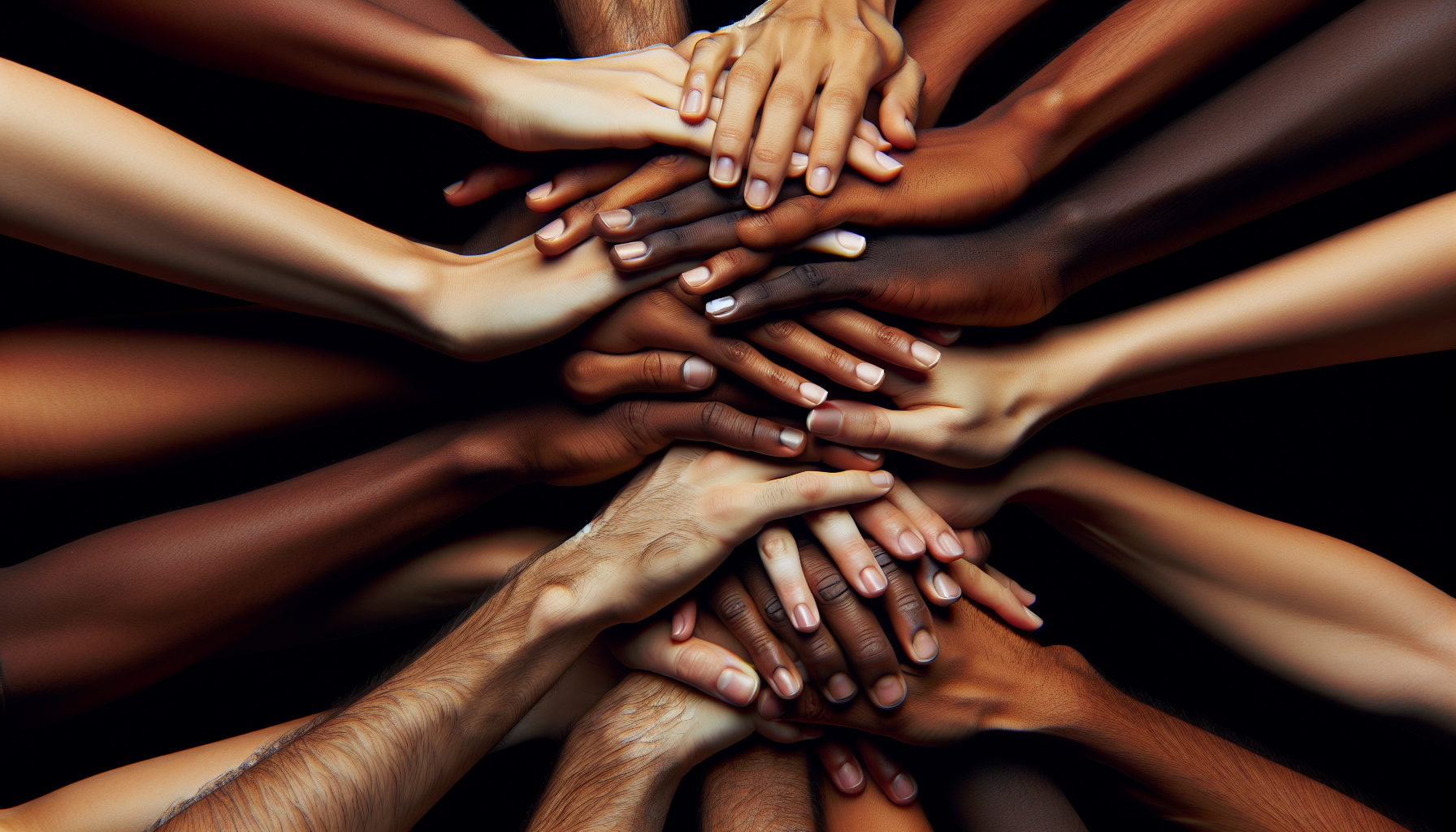Beyond the Court: Anthony Edwards' Impact on Mental Health Awareness

Anthony Edwards' rise in the NBA has not come without its share of challenges. Like many young athletes, he has faced immense pressure to perform, balancing the expectations of fans, coaches, and analysts. Edwards has openly discussed his mental health journey, acknowledging the stress and anxiety that can accompany a life in the spotlight. His candidness has resonated with fans and fellow athletes alike, creating a platform for discussions that are often stigmatized in sports.
The Role of Athletes in Mental Health Advocacy
Athletes like Edwards have a unique opportunity to influence public perception and drive change regarding mental health. Their visibility allows them to reach a broad audience, particularly younger fans who may be grappling with similar issues. By sharing his story, Edwards is not only normalizing conversations about mental health but also emphasizing the importance of seeking help and prioritizing well-being.
Broader Societal Impact
The conversations sparked by Anthony Edwards and his peers extend beyond the locker room and into the broader societal context. As more athletes come forward with their mental health stories, the stigma surrounding these issues diminishes. This shift is particularly important in communities where mental health resources are limited or stigmatized.
Anthony Edwards is not only a rising star in the NBA but also a powerful advocate for mental health awareness. His journey from a high school prodigy to a professional athlete has been marked by personal challenges that he has bravely shared with the world.
Sports Psychologist
Professional sports teams, sports academies, universities
Responsibilities
Provide psychological support and counseling to athletes, helping them manage stress, anxiety, and performance-related pressures.
Develop mental training programs and techniques tailored to individual athletes or teams.
Conduct workshops and seminars on mental health awareness and coping strategies for athletes.
Skills Required
Advanced degree in psychology or related field, with a specialization in sports psychology.
Strong understanding of the unique mental health challenges faced by athletes.
Excellent communication skills and the ability to foster trust and rapport with athletes.
Mental Health Advocate in Sports
Non-profit organizations, sports leagues, health advocacy groups
Responsibilities
Develop and implement initiatives aimed at raising awareness about mental health issues within the sports community.
Collaborate with athletes and organizations to create resources and support systems for mental health.
Organize events, campaigns, and workshops focused on mental health education and stigma reduction.
Skills Required
Background in social work, psychology, or public health, with an emphasis on mental health advocacy.
Experience in public speaking and community outreach.
Ability to engage and inspire athletes and fans through storytelling and personal experiences.
Athletic Trainer with a Mental Health Focus
Colleges, universities, professional sports teams, rehabilitation centers
Responsibilities
Assess and manage athletes’ physical injuries while also considering their mental health and emotional well-being.
Provide education on the psychological aspects of injury recovery and the importance of mental health in athletic performance.
Collaborate with sports psychologists and coaches to create comprehensive care plans for athletes.
Skills Required
Certification as an athletic trainer with additional training in mental health awareness.
Strong understanding of the psychological impacts of injuries and the recovery process.
Excellent interpersonal skills to communicate effectively with athletes and coaching staff.
Community Outreach Coordinator for Mental Health Programs
Non-profit organizations, community health centers, educational institutions
Responsibilities
Design and execute community programs focused on mental health education and resources, particularly in youth sports.
Partner with schools, sports organizations, and local mental health services to provide outreach and support.
Conduct training sessions for coaches and athletes on recognizing signs of mental health issues and how to provide support.
Skills Required
Experience in program development and community engagement.
Strong organizational and project management skills.
Knowledge of mental health resources and services available in the community.
Sports Journalist Specializing in Mental Health Issues
Sports publications, online media outlets, broadcast journalism networks
Responsibilities
Research and write articles focusing on mental health topics within the sports industry, highlighting athlete experiences and advocacy.
Conduct interviews with athletes, coaches, and mental health professionals to provide insights and raise awareness.
Analyze and report on the impact of mental health initiatives in sports organizations.
Skills Required
Strong writing and storytelling abilities, with a background in journalism or communications.
Understanding of mental health issues and current trends in sports psychology.
Ability to engage with diverse audiences through various media platforms.


